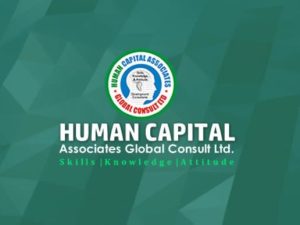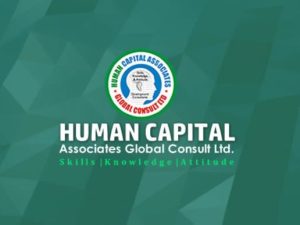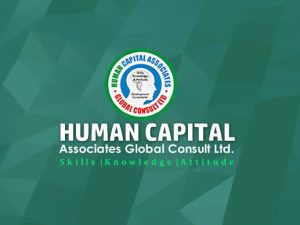Workshop on Good to Great Management: The Road Ahead
Workshop on Good to Great Management: The Road Ahead
May 27 – 31, 2024, 1st Run: Lagos & Port Harcourt
November 25 – 29, 2024, 2nd Run: Lagos & Abuja
For Tutor -Led Class: 9am – 4:30pm
Workshop fee: N250, 000 per Participant
For online: Delivery via Zoom
Online course fee: N200, 000 per Participant
Available for In-plant Training
Program Overview:
Are you a good manager or a great one? In fact, you have no choice but to become a great manager. How else can you create value in your organization and sustain it over time? How else can you engage your people and retain them? In a business environment characterized by higher degree of uncertainty and competition, fast changing customers’ needs, less and less employee loyalty, more stringent government rules and regulations, you cannot afford but to be a great manager. This course elaborates on what it takes to become a great manager by focusing on two distinct managerial requirements: first developing business and economic acumen without which no manager can make value adding decisions, and second by bringing out the best in people.
For Whom:
Middle managers, Supervisors, Section heads and Individuals moving to managerial roles
Learning Objectives:
At the end of the programme, participants will be able to:
- manage tomorrow by making today more informed decisions that contribute to strengthening the organization’s competitive advantage;
- develop business acumen by applying managerial economic analysis and drive business impact.
- apply in the workplace best practices of great managers;
- bring out the best in people by acting as a ‘multiplier’ rather than a ‘diminisher’; and
- turn into ‘blue ocean’ managers that are able to close the gap between the potential and the realized talent of people they lead.
Course Outline:
Day 1: Value adding management
- Achieving and sustaining high performance: A manager’s challenge
- Traditional management functions.
- The 21st Century definition of modern management.
- The performance pyramid.
- New managerial roles and responsibilities.
- Value adding and results driven managers
- Four categories of results
- Both people and numbers matter
- Characteristics of desired results
- Measuring results
Day 2: Decision making: the essence of a manager’s role;
- Value chain management and competitive advantage
- Programmed and un-programmed decisions
- The classical decision making model
- Impact of risk and uncertainty n decision making
- Steps in the decision making process
- The value chain
- Functional strategies and competitive advantage
- Improving responsiveness to customers
- Improving quality
- Improving efficiency
Day 3: Developing business acumen and generating insights
- Using macroeconomic analysis for effective managerial planning and decision making
- Elements of the macro environment
- Using macro-economic indicators for more effective business analysis and planning
- Understanding the business impact of government fiscal policy changes
- Understanding the business impact of Central Bank monetary policy changes
- The balance of payments and business impact of foreign exchange policy
- Using microeconomic analysis for effective managerial planning and decision making
- Elements of the micro environment
- Competing better through market analysis
- Sales volume sensitivity to price and income changes
- Cost analysis: fixed and variable cost
- Break-even output analysis and profit maximization
- Maximizing profitability
Day 4: What great managers do
- Capitalizing on employee strength
- Pull the triggers that activate employees’ strengths
- Tailor coaching to unique styles
- Motivate employees by fulfilling the four drives
- that underlie motivation:
- The drive to acquire
- The drive to bond
- The drive to comprehend
- The drive to defend
- Bringing out the best in your people:
- The manager as a ‘multiplier’, not as a ‘diminisher’
- What ‘multipliers’ do differently
- The five types of ‘multipliers’ and ‘diminishers’
- Six guidelines to cultivate engaged employees
Day 5: Distinguish yourself: become a blue ocean manager
- What good (not necessarily great) managers actually do
- The blue ocean manager grid
- The four steps of blue ocean management:
- Analyze your managerial reality
- Develop alternative managerial profiles
- Select to-be management profiles
- Institutionalize new management practices
- Wrap Up and Lessons Learned
Training Methodology
Lectures, discussions, exercises, case studies, audio-visual aids will be used to reinforce these teaching/learning methods.
Related Courses






